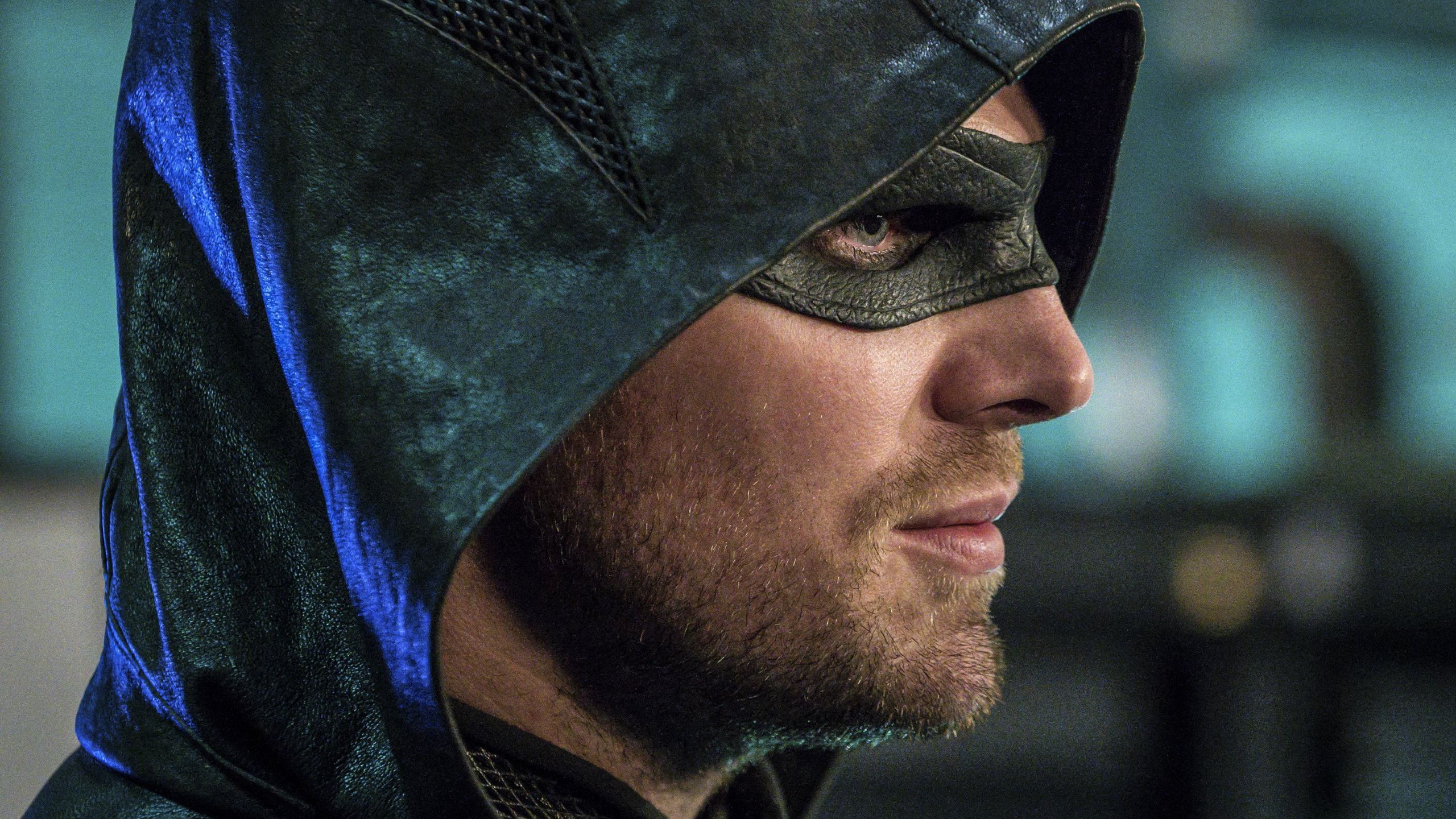
Superhero shows from Marvel and DC often don’t immediately grab viewers. The first few episodes tend to focus on setting up the world and characters, rather than diving into the more interesting and complex parts of the story. Unfortunately, some people stop watching too soon, missing out on the deeper storylines, emotional journeys, and surprising twists that develop later on.
Some TV shows grab viewers right away, but others grow into surprisingly creative and unique superhero stories. They might begin with typical storylines or a slow start, but often develop into something special with thought-provoking ideas and memorable characters. These shows often don’t make a strong first impression, but they truly shine as they progress.
These superhero shows weren’t always hits. Some started as cheesy or had rocky beginnings, but they eventually evolved into critically acclaimed masterpieces. They redefined what superhero stories could look like on television, and despite their initial struggles, they’ve become some of the greatest shows of all time.
Agents of S.H.I.E.L.D. (2013–2020)
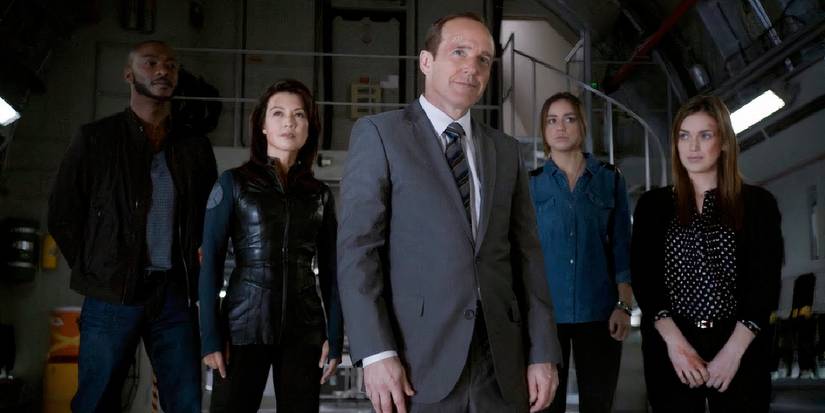
When Marvel’s Agents of S.H.I.E.L.D. first started, it felt like many other crime shows. The idea of a team of spies dealing with people who have superpowers seemed secondary to the big Marvel movies. The first episode relied a lot on quick jokes, technical language, and nods to other Marvel stories, but it didn’t yet have the emotional depth that viewers were looking for.
Early on, Agents of S.H.I.E.L.D. struggled to find its footing. But around the middle of the first season, a connection to the movie Captain America: The Winter Soldier dramatically changed the show. It turned the characters into people on the run and exposed major betrayals. This instantly made the show much more than just a side story to the films—it became a crucial part of the Marvel universe.
Initially, Agents of S.H.I.E.L.D. developed into a complex and moving story that played with time and explored themes of who we are, what we’re willing to give up, and what it means to be human when facing extreme challenges. The show managed to balance large-scale events like alien attacks and robot uprisings with relatable personal relationships. It was hard to predict, watching the first episode, just how grand and emotionally powerful the series would become.
Doom Patrol (2019–2023)
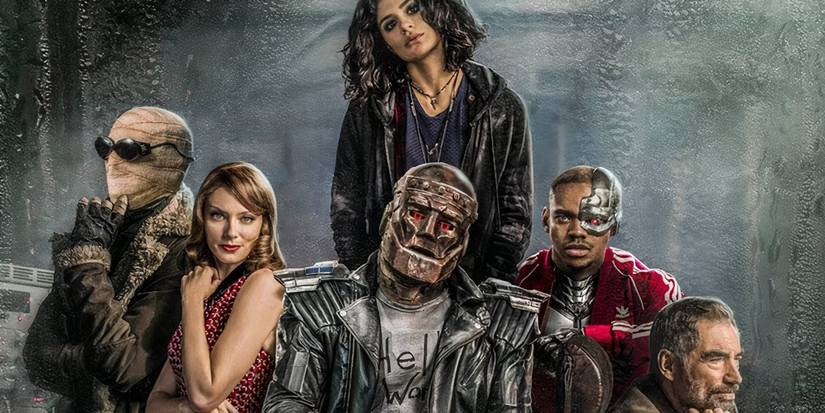
When Doom Patrol first aired, it appeared to be a strange and funny show about a group of unusual heroes. The first episode jumped right into weird memories and sad backstories without a lot of setup, leaving viewers unsure of the show’s direction. Its quirky style could have easily seemed like a joke.
Despite its strange beginnings, Doom Patrol became a surprisingly moving superhero show. It handled each character’s painful past – whether it was Robotman’s regret or Jane’s mental health challenges – with remarkable understanding and imaginative storytelling. Underneath all the bizarre visuals, the show was really about finding recovery and self-discovery.
I absolutely adore Doom Patrol because it doesn’t shy away from being wonderfully strange. It really dug deep and showed me what it truly means to be flawed and human. What began as a quirky, unusual show blossomed into something fearless and deeply moving. It took these comic book characters, who were always a little ‘off,’ and turned them into the most captivating heroes I’ve ever seen.
Legion (2017–2019)
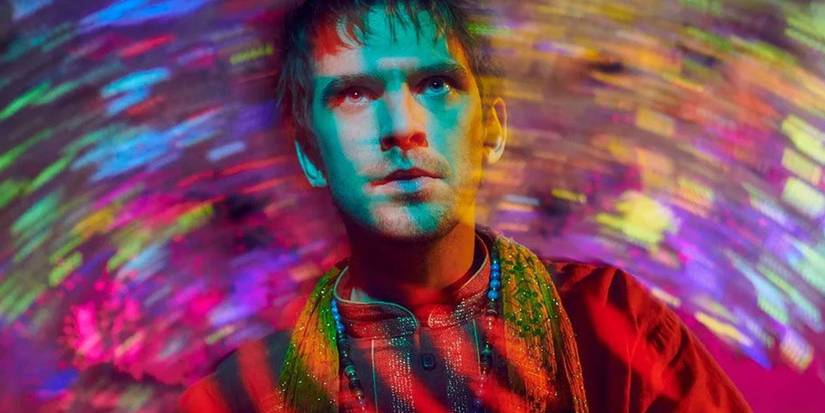
The first episode of Legion is intentionally disorienting, filled with dreamlike scenes, jumps in time, and a narrator you can’t quite trust. Many viewers weren’t sure if it was a stroke of genius or just plain confusing. It doesn’t feel much like a typical superhero show, instead burying its fantastical elements under a lot of psychological and surreal imagery.
Honestly, at first, Legion really threw me for a loop – and that was totally intentional! As the series unfolded, it evolved into something incredibly thoughtful, exploring themes of mental illness, what it means to have power, and figuring out who you even are. Dan Stevens was amazing as David Haller; he brought such vulnerability to the role that even when things got completely bizarre, you still felt connected to him and cared about what was happening. He grounded the show’s wild visuals and made every single plot twist feel impactful.
Legion was a groundbreaking comic book TV show that wasn’t afraid to take risks. It uniquely blended the style of independent films with the world of superheroes, something no other show had attempted. While the first episode was intentionally disorienting, the series ultimately came together to become a genuinely artistic television experience, cleverly hidden within the framework of a superhero narrative.
Arrow (2012–2020)
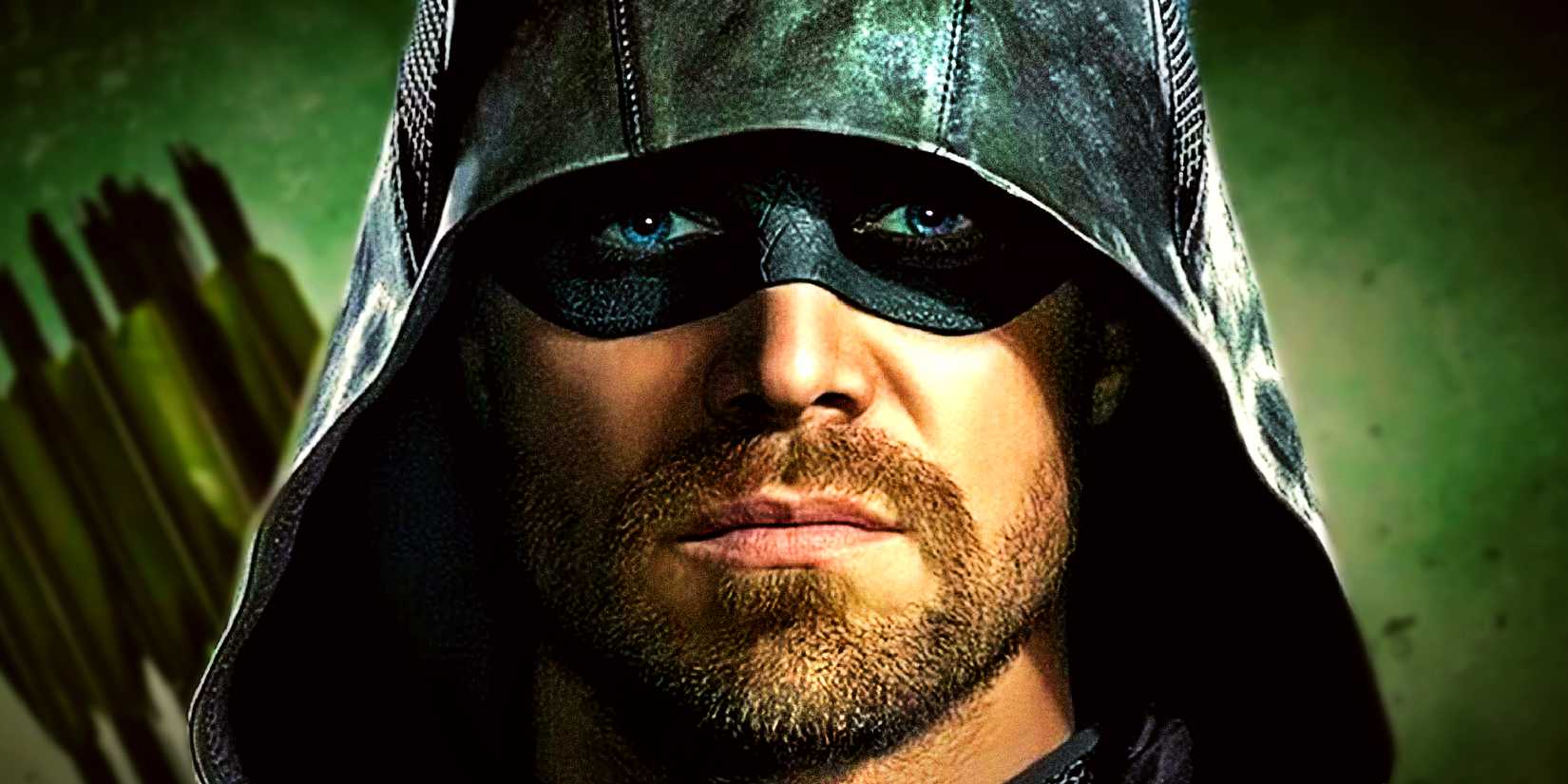
When Arrow first came out, I was immediately hooked! It felt like a really cool, down-to-earth take on the whole vigilante thing. Honestly, the first episode reminded me a lot of Christopher Nolan’s Batman movies – that same serious voiceover, those awesome parkour fights, and even flashbacks to how he got started on a deserted island. At first, it seemed pretty solid, but I worried it might just be another dark and brooding superhero show, you know? There were already so many out there.
However, what happened next changed superhero TV forever. Arrow grew more complex and emotionally resonant with each season, launching now-famous DC characters like Deathstroke and the Flash. The show’s use of flashbacks made Oliver Queen a more layered character, evolving him from a man driven by revenge into a leader grappling with difficult choices.
With its blend of exciting action and emotional stories, Arrow essentially created the Arrowverse. It launched a shared universe that went on to produce several hit shows. While the first episode showed promise, almost no one predicted it would become a powerful, character-focused story that would redefine superhero television for almost ten years.
The Flash (2014–2023)
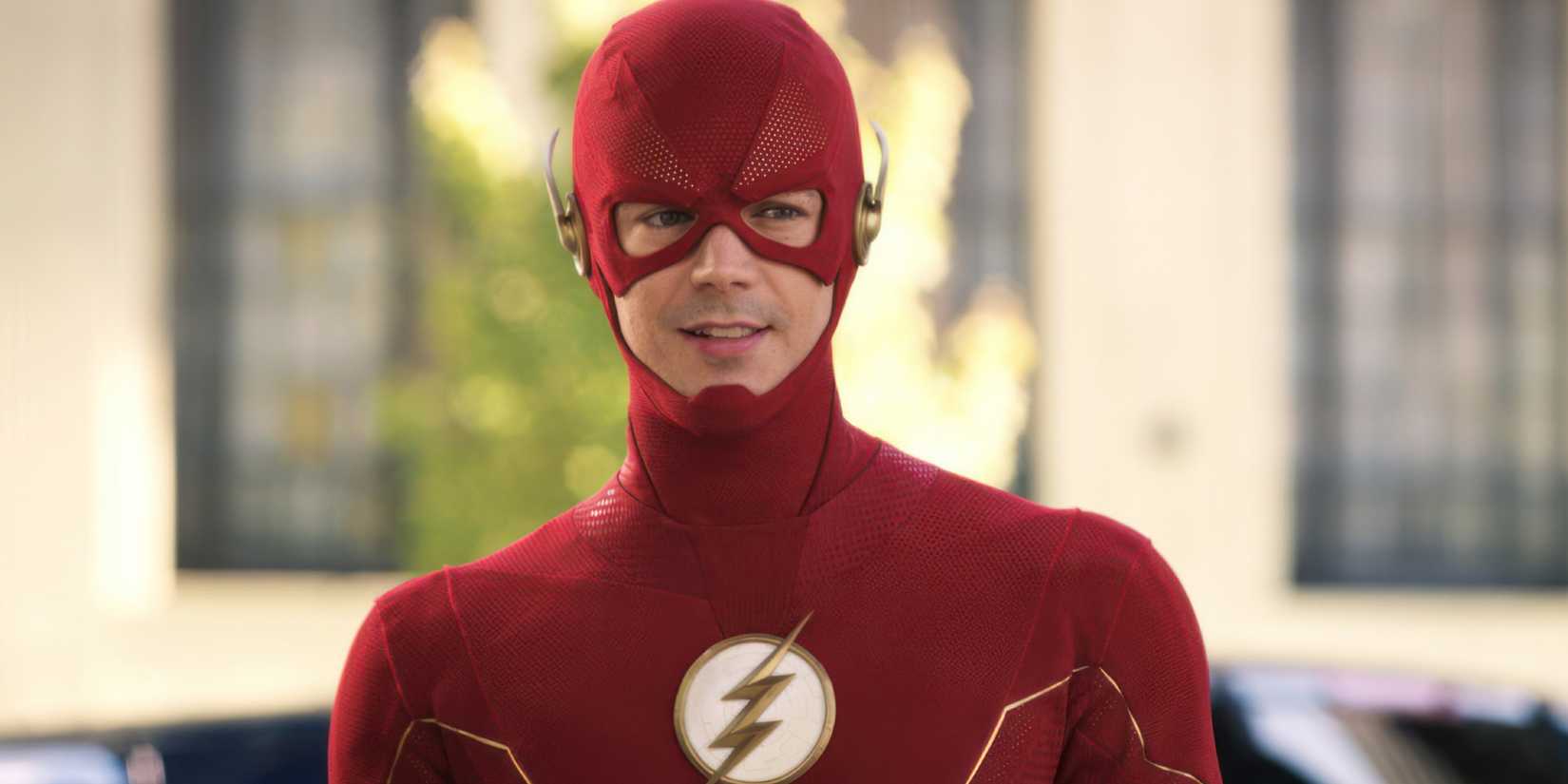 The CW/Courtesy Everett Collection
The CW/Courtesy Everett Collection
When The Flash first started, it was instantly likeable and positive, but the first episode felt like a typical superhero origin story. It combined humor, scientific explanations, and a simple ‘villain of the week’ format. While enjoyable, it felt predictable, particularly when compared to the grittier tone of Arrow.
Initially, the show seemed straightforward, but it quickly became much more emotionally complex. It delved into Barry Allen’s sadness, the difficult choices surrounding time travel, and themes of family and fate. Strong performances from Tom Cavanagh, who played many versions of Harrison Wells, and Grant Gustin, who brought genuine emotion to his role, kept the show relatable despite its fantastical elements.
The Flash skillfully combined heartfelt stories with imaginative science fiction. It ultimately became the emotional center of the Arrowverse—not through its action-packed speedster fights, but through its exploration of universal themes like love, loss, and never giving up. The series grew far beyond the initial promise of its first episode, eventually surpassing the quality of the live-action movie adaptation.
Batman (1966–1968)
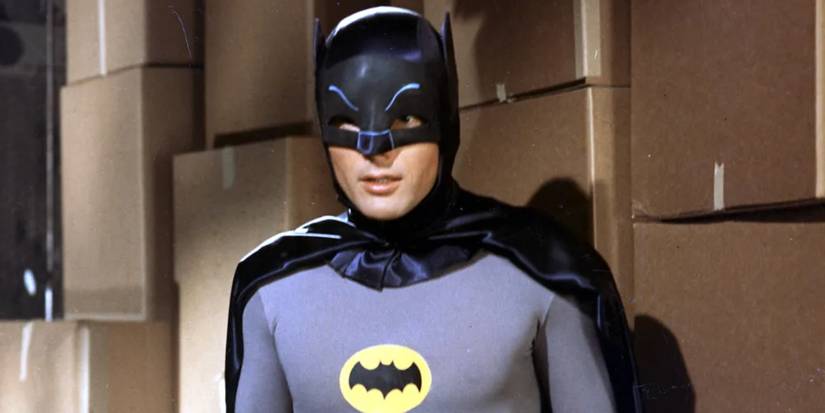
Initially, Adam West’s famous Batman seemed like a silly, lighthearted show for kids, full of jokes, brightly colored bad guys, and exaggerated sound effects like “POW!”. Many critics thought the first episode was just mindless comedy, failing to notice the cleverness hidden within its silliness. But as the series went on, Batman proved to be a surprisingly smart and creative work of pop art.
With its clever writing, striking visuals, and memorable performances by Adam West and Burt Ward, the show was a witty parody of superheroes and 1960s society. The humor wasn’t just funny – it was intentionally making fun of things. By the time Batman: The Movie came out, the series had established itself as a lively and insightful spoof.
Today, the 1960s Batman TV series is remembered as being both funny and groundbreaking. It had a big impact on superhero shows and movies for years to come, thanks to its bright, bold style and confident tone. While it seemed silly on the surface, it was actually a smart and innovative show that both honored and playfully challenged the conventions of superhero stories.
WandaVision (2021)
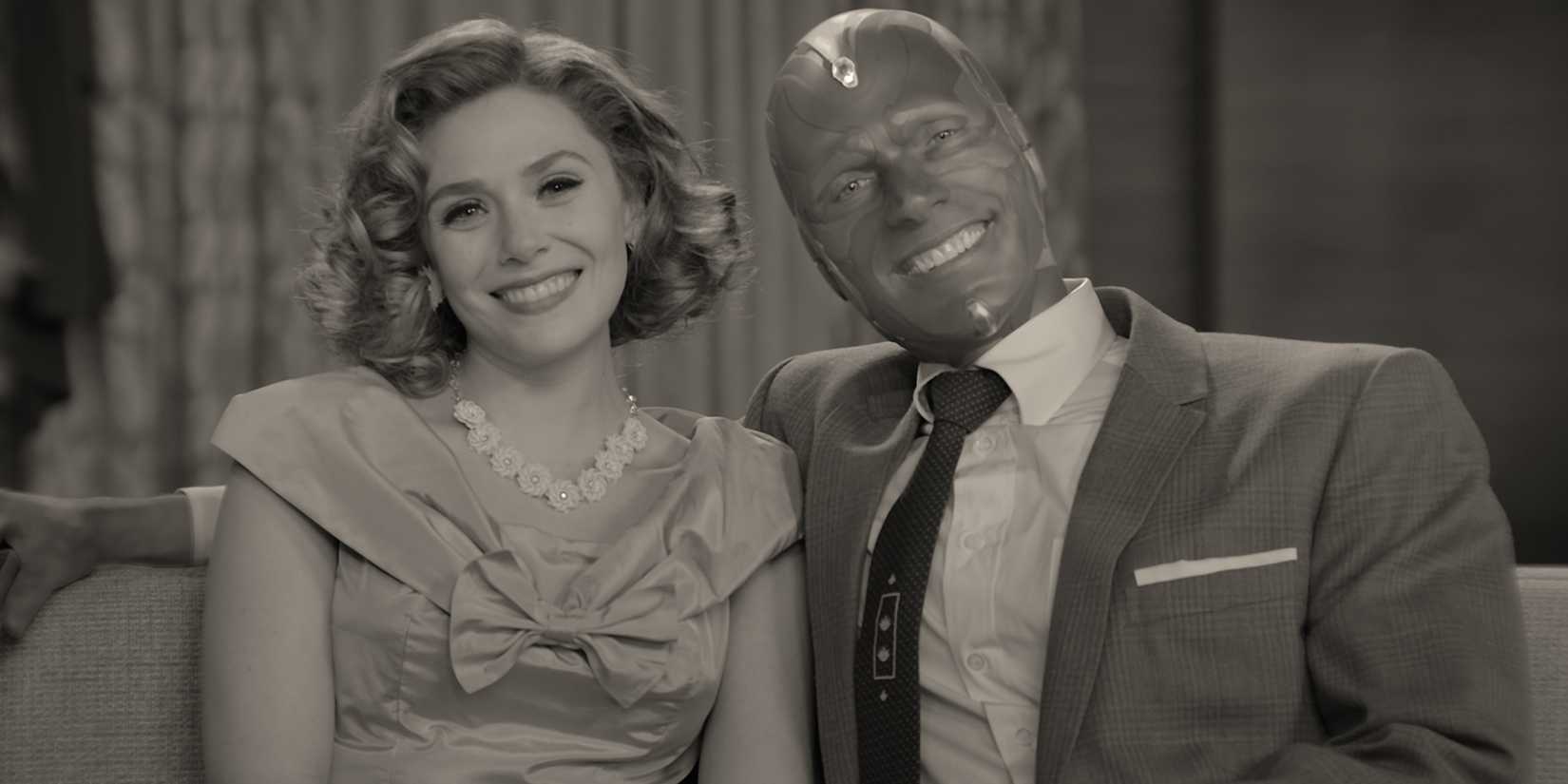
The first episode of WandaVision was intentionally disorienting. The show began by perfectly recreating classic black-and-white sitcoms, which made viewers question if it could live up to the high standards of the Marvel Cinematic Universe’s blockbuster films. It wasn’t immediately obvious where the story was going. While using familiar sitcom tropes like laugh tracks and old-fashioned jokes, the show also hinted at a deeper sadness that wouldn’t be fully explained until much later.
Things started to fall apart, and as the show delved into what was really happening, WandaVision became something truly special – a deep look into grief and how we try to avoid facing painful truths. Elizabeth Olsen was incredible; she made Wanda’s pain feel huge and almost like an opera. The whole sitcom setup wasn’t just for laughs, it was actually a way of showing how Wanda was burying her feelings. It was so captivating, it even led to spin-offs like Agatha All Along! I was completely hooked.
Initially, WandaVision seemed like an unusual experiment, but it ultimately became one of Marvel’s most daring and emotionally resonant stories. What began as a fun and quirky idea evolved into a thoughtful exploration of grief, self-discovery, and the desire to escape reality. WandaVision demonstrated that great shows can sometimes surprise you – they don’t always start out strong.
Read More
- All Golden Ball Locations in Yakuza Kiwami 3 & Dark Ties
- NBA 2K26 Season 5 Adds College Themed Content
- Hollywood is using “bounty hunters” to track AI companies misusing IP
- What time is the Single’s Inferno Season 5 reunion on Netflix?
- Mario Tennis Fever Review: Game, Set, Match
- Gold Rate Forecast
- 2026 Upcoming Games Release Schedule
- Exclusive: First Look At PAW Patrol: The Dino Movie Toys
- Pokemon LeafGreen and FireRed listed for February 27 release on Nintendo Switch
- Train Dreams Is an Argument Against Complicity
2025-10-31 15:05